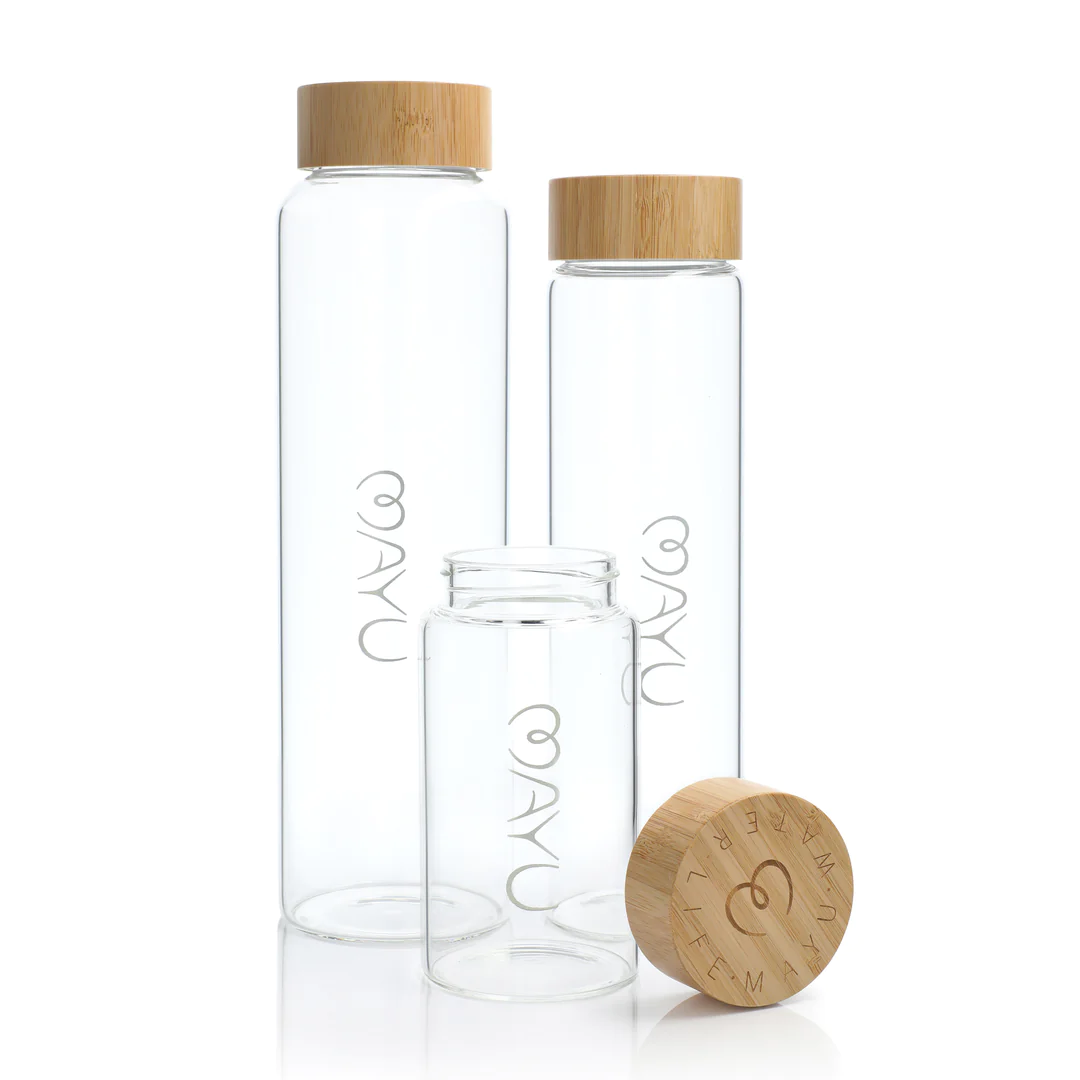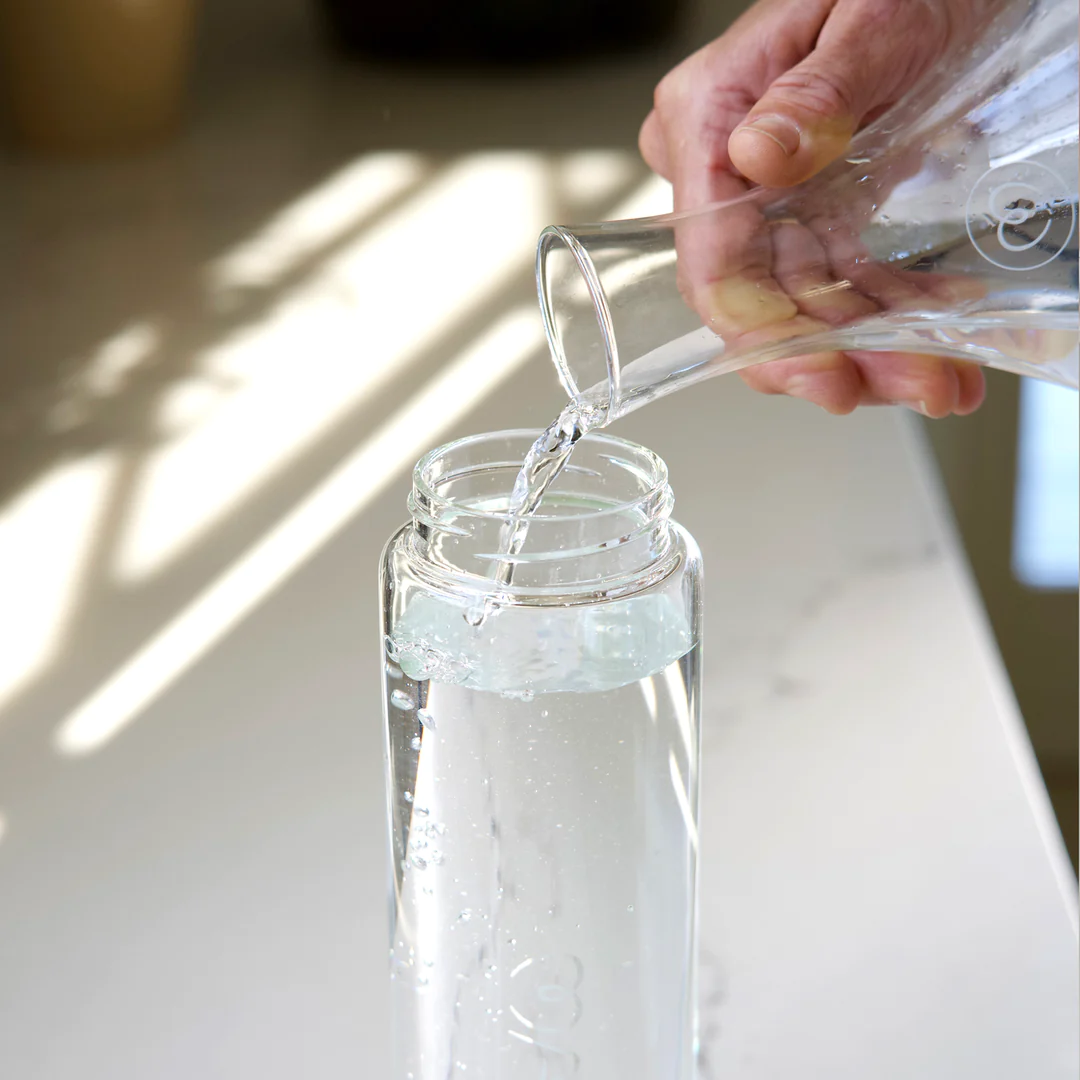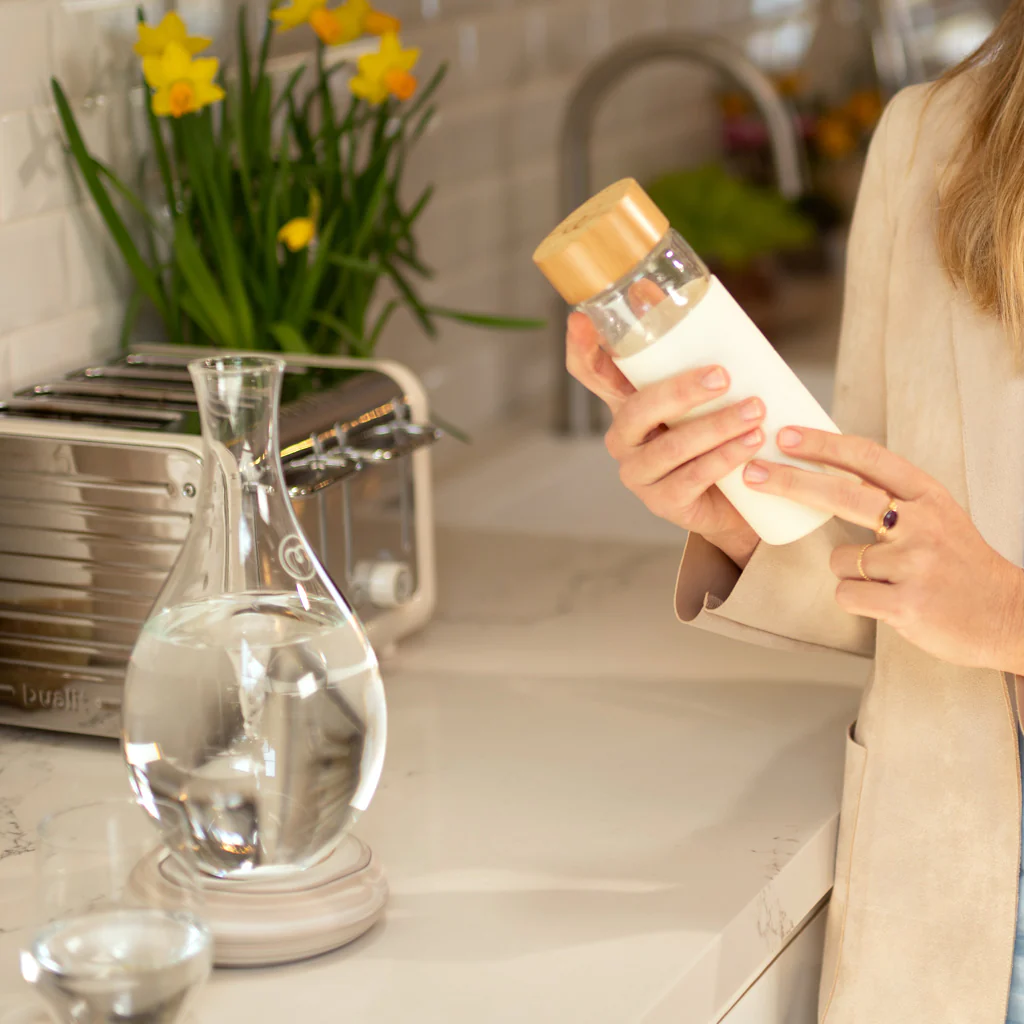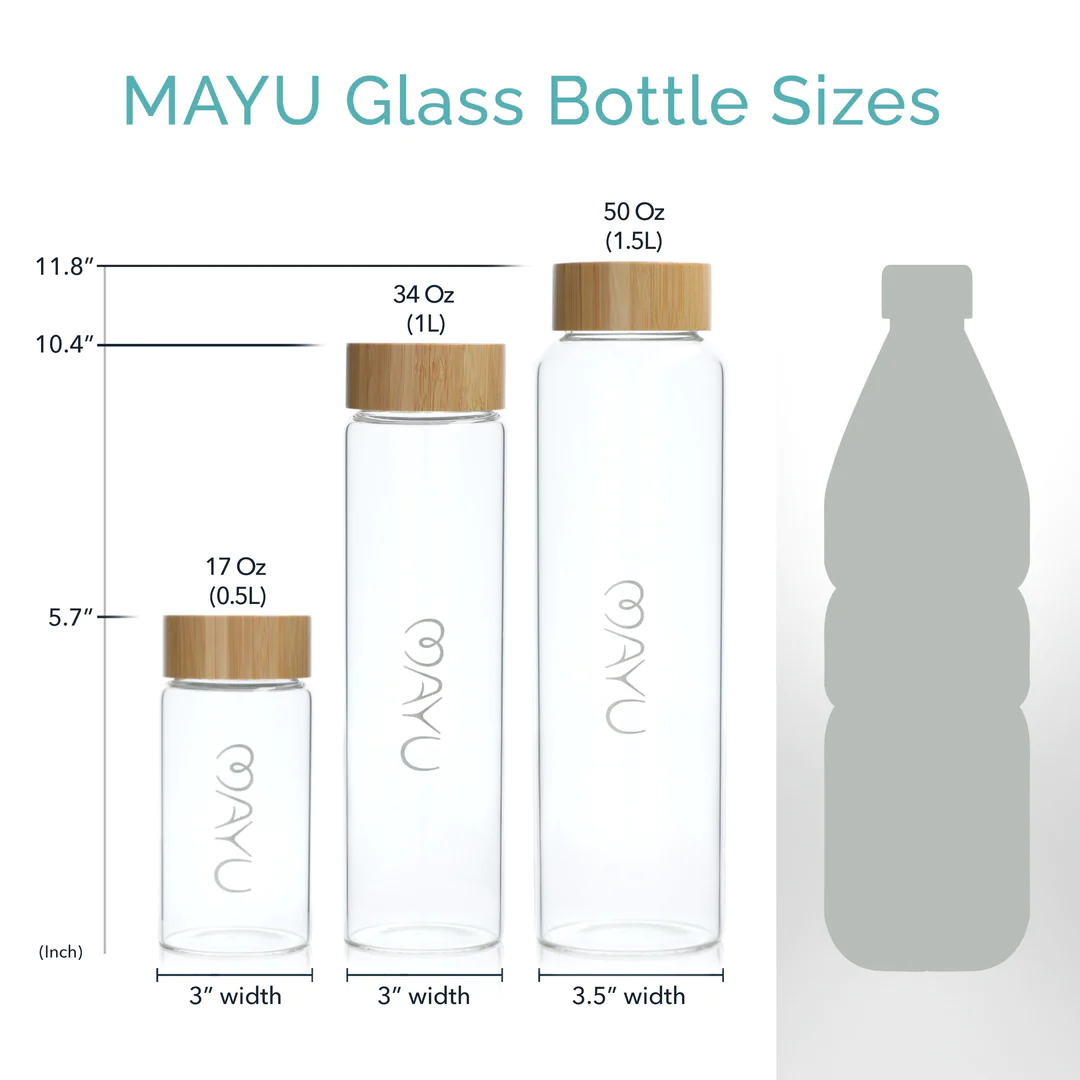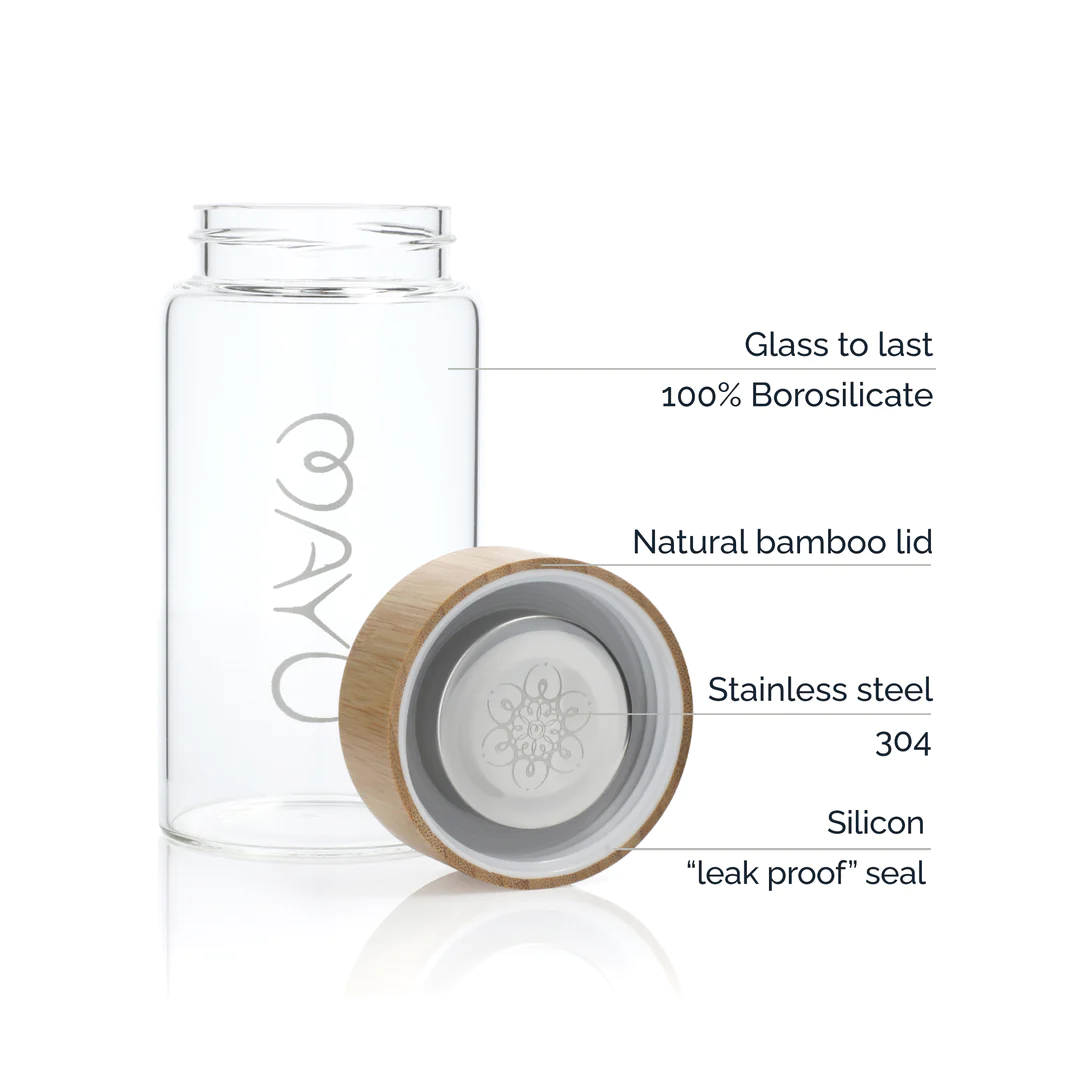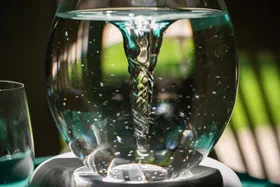4 Alternatives To Tap Water: Elevate Your H2O Game
Tap water troubles? Explore these refreshing alternatives
Published May 29, 2024

Water, the elixir of life, is one of our planet's most precious resources. We're all aware of its importance to our survival, but did you know that not all water is created equal? The characteristics, taste, and nutritional profile of water can vary significantly depending on its source.
We sat down with Anistacia Barber, a water sommelière who will help us understand the nuances of some of the most common tap water alternatives.
The Issue With Tap Water Quality
The water crisis, sparked by a switch to the Flint River in 2014. The conamination was a significant concern, as the city's older pipe infrastructure resulted in lead contamination, Legionnaires' disease.
The event sparked outrage and distrust in government. Though lawsuits secured filter installation, bottled water delivery, and lead pipe replacement funding, the work is incomplete. Till this day, residents remain exposed to contaminants, and the fight for clean water continues.
But, we shouldn't overlook that tap water—with proper treatment—also contains beneficial minerals like calcium, magnesium, sodium, and potassium, as well as trace minerals like iron and zinc.
Tip: Before considering any of the following alternatives to tap water, you can check its quality on the EWG website by entering your zip code.
» Learn more about the state of water quality in the US
4 Types of Tap Water Alternatives
1. Mineral Water: A Hydration Powerhouse
Mineral water has essential electrolytes and vital minerals like calcium, magnesium, and potassium, which benefit muscles, bone strength, and brain function. Compared to the tap water alternative, It's also free from sugar, calories, or artificial substances, making it a safe hydration choice.
Note: Bottled mineral water, despite its popularity, comes with its own set of issues. The presence of microplastics is one of the most concerning.
MAYU Glass Bottles are made of 100% borosilicate that is safe for use. This compound can also resist thermal shock, meaning it can take rapid and extreme temperature changes (e.g., freezing and boiling water). Regular glass bottles may break in these situations
2. Spring Water: A Natural Alternative
Spring water is a natural alternative source of hydration, containing important minerals and nutrients. Unlike tap, which undergouse chemical treatment, it's untampered and sourced directly from the ground.
Electrolytes, which include sodium, potassium, calcium, magnesium, and chloride, are vital for the body's functions. But, you should be mindful of the high sugar content in common sources like sports drinks and opt for healthier alternatives like bottled spring or mineral water.
» Explore the best sugar-free mineral drops and boost your cognition
3. Coconut Water: A Nutritious Addition
While coconut water is a healthy beverage, it isn't an ideal replacement for regular water because it has sugar and calories. But, depending on the quality of the local tap, it could be a healthy alternative addition to your diet.
Did You Know?
An age-old Ayurvedic technique recommends holding water in the mouth before swallowing it. This method not only promotes more effective water absorption into cells and the brain but also cultivates a moment of gratitude.
4. Structured Water: Enhancing Hydration
Structured water, a concept that describes water's ability to organize itself into formations that our bodies can more easily use at a cellular level, is another interesting aspect of hydration.
This water type, which includes spring water, can enhance nutrient absorption, energy levels, detoxification capabilities, and balance pH levels in the body.
» Learn how to make your own structured water
Navigate Your Water Choices
Understanding water—its different sources, the health benefits they can offer, and mindful hydration techniques—is crucial for our wellbeing. It is evident that while tap water remains a staple, there are numerous other alternatives to explore that can help elevate our hydration game.
For example, MAYU Swirl uses vortex technology to create structured water, which your body absorbs faster. It increases dissolved oxygen in your water by up to 6,000 times faster than still water.





































